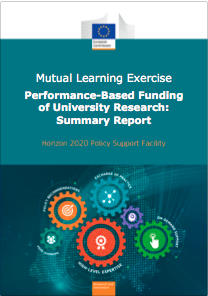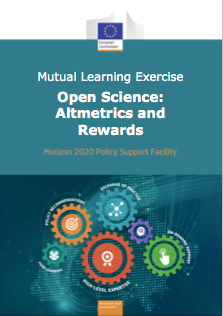MLE on Research Integrity
Research integrity is a foundation of excellent science and the cornerstone of societal trust in researchers and research institutions. Advancing research integrity across Europe is of the utmost importance to ensure the high quality of science, including reproducibility of research results, and to ensure a fruitful relationship between science and society.





